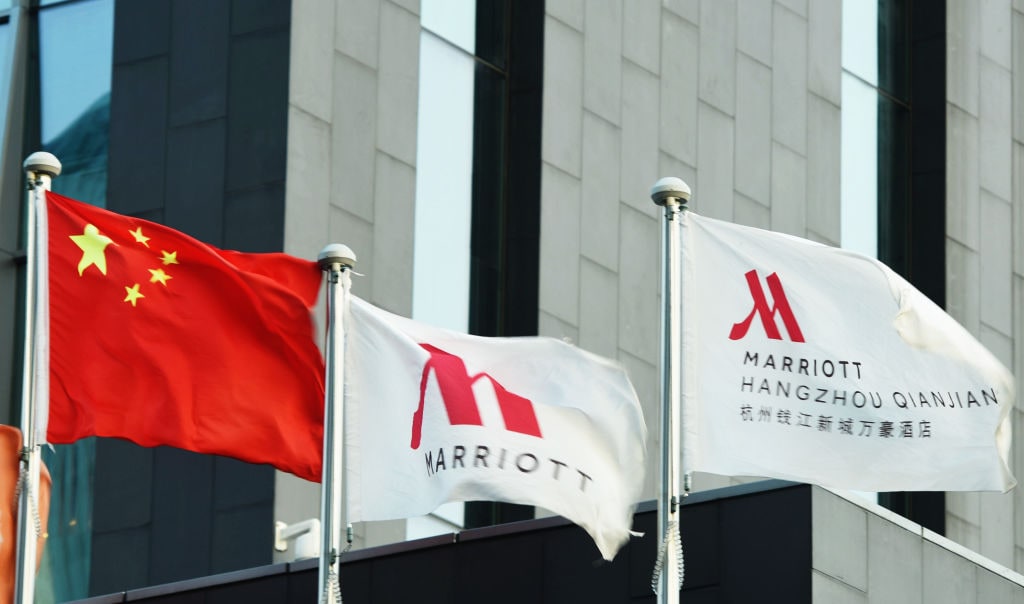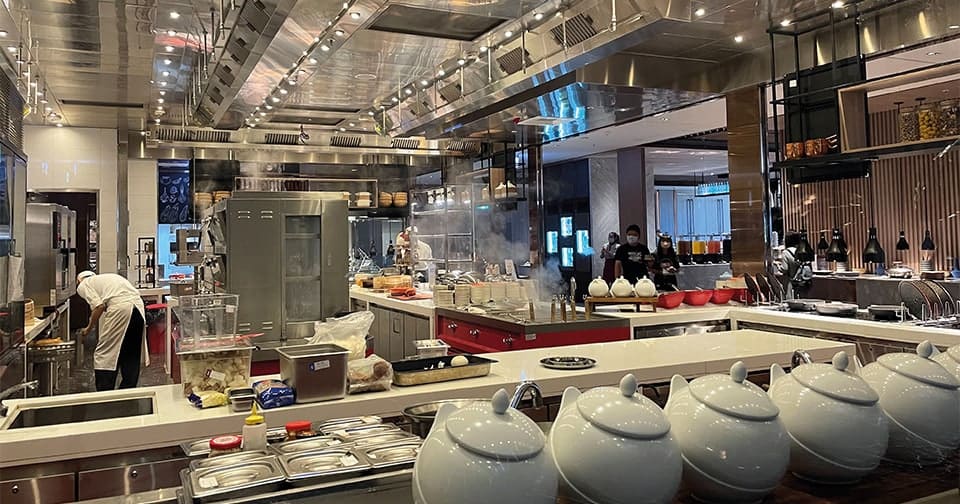
January 2018 witnessed the shutdown of Marriott China’s website and app at the request of Chinese officials. Lasting one week, the website closure followed upset caused by the reference to Hong Kong, Taiwan, Macua and Tibet as independent countries in a questionnaire issued by the hotel giant.
Sent to Marriott Loyalty customers, the Mandarin questionnaire not only angered the recipients of the survey, but also garnered the attention of the India-based Tibetan independence group Friends of Tibet, who congratulated the hotel for their treatment of Tibet as an autonomous nation.
Exacerbating Marriott’s plight last month was the observation by Chinese customers that the Marriott Rewards Twitter page ‘liked’ a tweet from Friends of Tibet – only working to incense Chinese government officials further.
Why it happened
Tibet, Hong Kong, Taiwan and Macau are understood within China to be Chinese-claimed regions. Hong Kong, having been under British control until 1997, is now recognised as a Special Administrative Region (SAR) under the Beijing central government. Macau is also an SAR, while Tibet is ruled by Beijing as an autonomous region.
Taiwan is equally not observed in China as an independent country, but rather as a breakaway province.
Since the two incidents took place, several apologies have been released by the international hotel chain to cement their alignment with Chinese governance of these regions.
Prior to the official shutdown of the website, Marriott issued an apology to the government. A message on the website read “Marriott international respects the sovereignty and territorial integrity of China,” before explicitly expressing the company’s support of Chinese jurisdiction within the respective areas, “We don’t support separatist groups that subvert the sovereignty and territorial integrity of China. We sincerely apologise for any actions that may have suggestions otherwise.”
The consequences
The shutdown comes at a vital time for the hotel, as celebrations for the Lunar New Year (more commonly known as the Chinese New Year) are due to take place on 16 February.
The New Year period will see the usual huge influx of visitors from around the world, all looking to take part in the festivities. With most global consumers acclimatised to online booking services, the absence of a website and app to make room reservations is likely to have had a significant effect on the hotel’s business during this period.
Reports have also emerged since that many Chinese-nationals have cancelled their bookings with the hotel following last month’s controversy.
The backlash
Due to the poor timing of the shutdown, and the nature of the incidents that caused such a reaction, there has been some speculation that the shutdown was a deliberate effort to target the US-based hotel.
This suggestion arises amidst government backlash in China against other international brands, such as clothing company Zara, Audi and around two-dozen other worldwide companies. Behind each criticism lay the same reasoning: each company had listed Taiwan, Hong Kong, Tibet and Macau as independent countries.
Arne Sorenson, president and chief executive of Marriott International, apologised shortly after the events, saying, “Upon a full investigation into how both incidents happened, we will be taking the necessary disciplinary action with respect to the individuals involved, which could include termination, changing our approval and review procedures for online content, reviewing our customer feedback channels, and enhancing training to ensure these situations don’t happened again.”
Sorenson continues, “We are also working closely and cooperating with the relevant Government authorities in China.”
Emily Lewis




